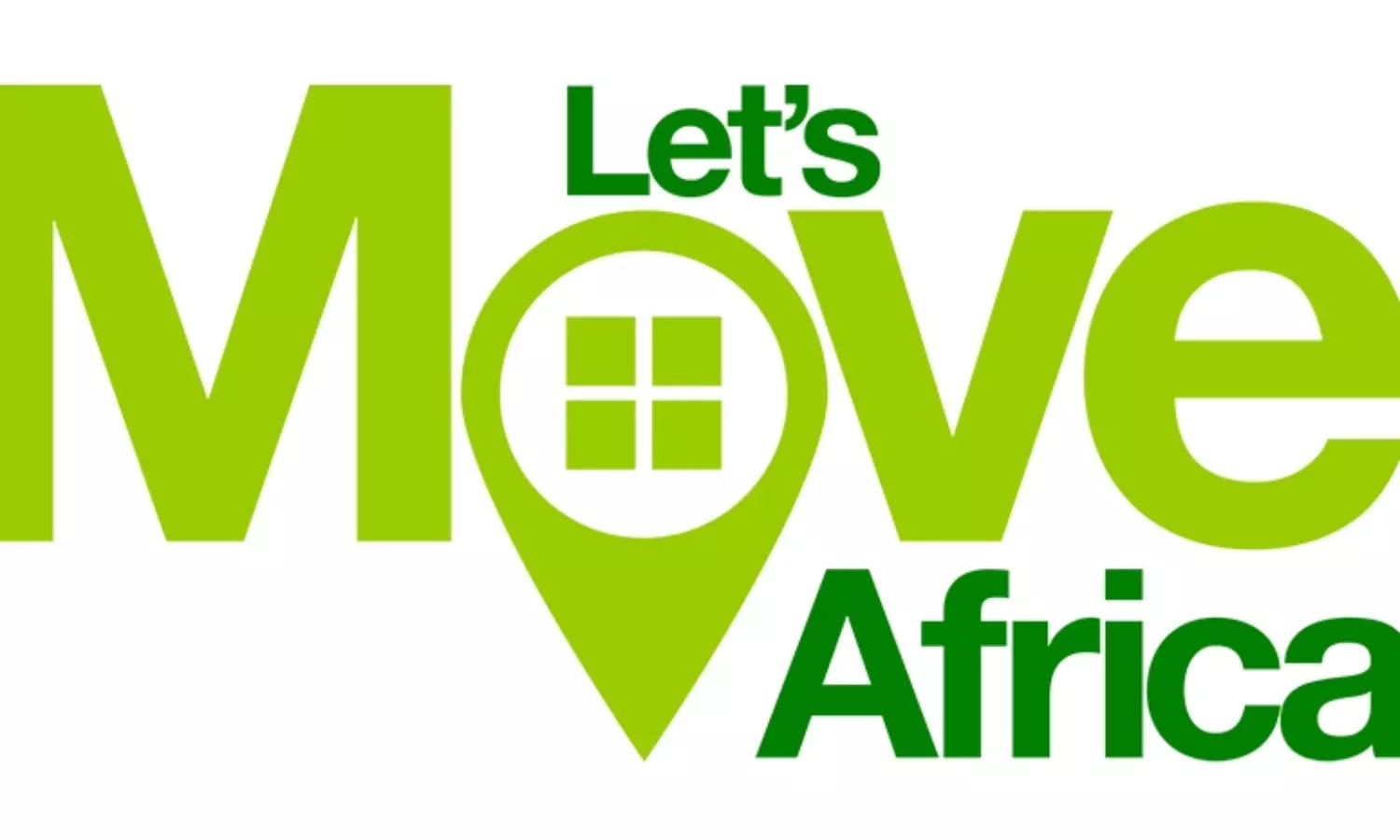Move Africa, let's do it

Reji John
MoveAfrica is a recent transport and logistics initiative by the New Partnership for Africa's Development (NEPAD) for the free movement of peoples, goods and services in Africa, and the development of soft infrastructure like cross-border transport laws, regulation related to border crossing, and organisational systems and resources.
Late last month, the United Nation's International Civil Aviation Organization (ICAO) held its second meeting on air cargo development in Africa at Addis Ababa, Ethiopia, and called African states to support the MoveAfrica initiative. This is besides the ICAO calling African nations to implement the Lomé declaration that aims to ease the flow of goods if they are to benefit from the tremendously promising growth in air cargo.
Remember Yamoussoukro Decision of 1999, which specifically called for, among others, full liberalisation of intra-African air transport services in terms of access, capacity, frequency, and tariffs. Even after 18 years of this landmark decision to liberalise African skies, there is little progress on most of the proposals.
It is good to recall here several other partnerships plans, treaties and agreements – all meant to keep 'Africa moving' and make 'Africa first'. The 1980 Lagos Plan of Action imagined the division of Africa into five regional economies. The 1991 Abuja Treaty proposed to implement a single currency across Africa by 2028. In 2012 a plan was made to establish a Continental Free Trade Area by 2017. To achieve this, African leaders first agreed to create the Tripartite Free Trade Area (TFTA), the continent's largest free-trade zone, covering 26 countries from Cape Town to Cairo.
Sadly, many of these regional integration plans envisaged to make African economies competitive in global markets never effectively took off. As a result, the continent is being needlessly held back and its growth stunted.
The share of intra-continental trade in Africa over the past decade, according o UN figures, was only about 11 percent. Compare this with 40 percent for North America and 60 percent for Western Europe.
It is clear that what the continent requires right now is not new plans, treaties or declarations but the collective political will to implement at least some of the already established plans.
There is no doubt that African economies have a great potential to build on their demographic dynamism, rapid urbanisation and natural-resources assets. The challenge now for many of them is to ensure that greater insertion into global value chains is achieved and has a positive impact on people's lives.
Remember, globalization brings each of us closer together, presenting new challenges and opportunities, which we would have never encountered before. We are seeing positive signs of African economies working hard to launch reforms and ease trade restrictions.
It is time for Africa to completely overhaul the way trans-boundary transports and logistics work. There is tremendous potential in the entire African continent just waiting to be unlocked. It is a monumental task. But we need to move. Let's start moving.


